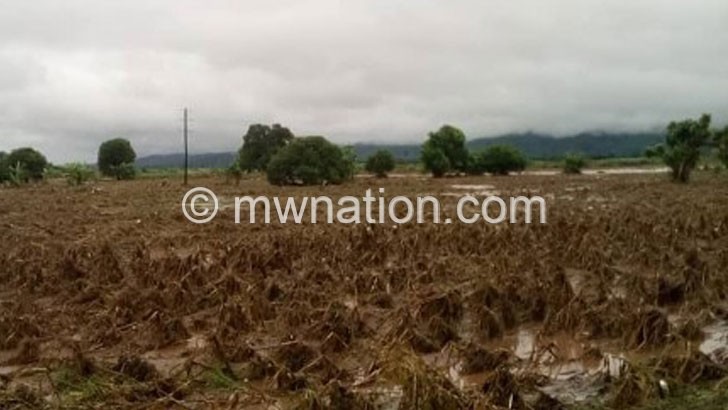‘Malawi’s development hurdles multi-pronged’
Malawi’s development challenges are multi-pronged, which include vulnerability to external shocks such as weather and health, the World Bank has said.
In its country overview, the Bretton Wood institution observes that while weather remains a key part of the economic cycle, energy shortages, infrastructure development and the adoption of new technology are low.
The report says this is also worsened by high levels of poverty and inequality which are high.
“In the past decade, Malawi has been able to make significant economic and structural reforms and sustain economic growth, but remains one of the poorest countries in the world. The economy is heavily dependent on agriculture, and it is vulnerable to external shocks,” reads the report in part.

It says the national poverty rate increased slightly from 50.7 percent in 2010 to 51.5 percent in 2016, but extreme national poverty decreased from 24.5 percent in 2010/11 to 20.1 in 2016/17.
The World Bank says poverty is driven by poor performance of the agriculture sector, volatile economic growth, population growth and limited opportunities in non-farm activities.
World Bank figures indicate that in 2018, growth of Malawi’s real gross domestic product (GDP) was projected to have moderated to 3.5 percent from four percent in 2017 due to lower output in agriculture caused by dry spells and fall armyworm.
Performance in industry and service sectors was also subdued because of erratic energy supply and a generally weak business environment.
Economics Association of Malawi (Ecama) executive director Maleka Thula said since 1995, the country has been characterised by mixed growth patterns with periods of high growth being followed by low or stagnant growth.




